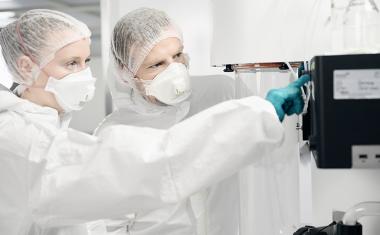WorleyParsons Takes M+W Group’s German Sites

Australian engineering group WorleyParsons has completed the acquisition of the Ludwigshafen and Schwarzheide offices of Germany’s M+W Group. Financial terms were not disclosed but WorleyParsons said it used existing funds to finance the deal.
The businesses acquired provide services including feasibility studies, concept development, engineering, project and construction management to chemical companies located in Ludwigshafen and Schwarzheide.
WorleyParsons will combine its current operations in Ludwigshafen and the newly acquired offices into a single business. Approximately 50 people are employed at M+W’s offices.
“The acquisition of the chemicals business represents another step in WorleyParsons’ strategic growth objective of establishing a strong presence in the European chemicals sector” said Andrew Wood, CEO of WorleyParsons.
M+W Group sold a third location in Germany at Schwedt to John Brown Voest, part of the Griesemann Group.
The Stuttgart-based high-tech engineering company said the sales mean it can now focus on its core businesses in the growth areas of advanced technology facilities (in particular semiconductors), life sciences (especially pharmaceuticals, biopharmaceuticals, food & nutrition, and consumer care) and specialty chemicals as well as data centers as part of its ongoing strategic developments.












